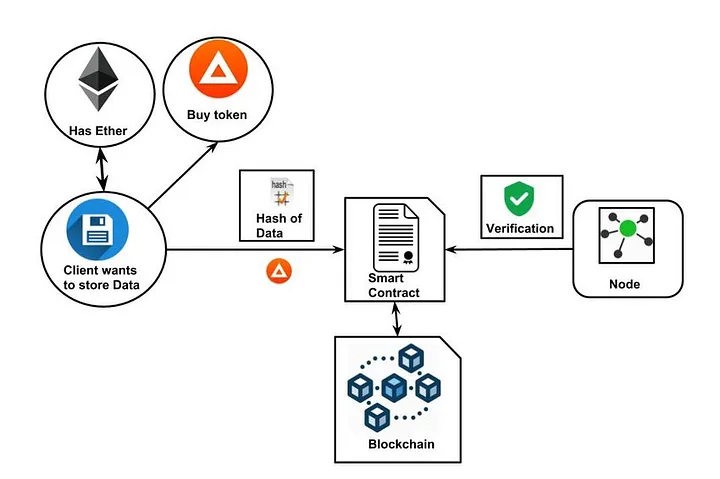Smart contracts are digital protocols that automatically execute the terms of an agreement between parties without requiring the intervention of intermediaries such as lawyers, notaries, or other third-party service providers. They are based on blockchain technology and use computer code to enforce the rules and regulations of the contract. Smart contracts are considered to be the next generation of agreements, providing an efficient, secure, and transparent way to do business.
The concept of smart contracts was first introduced by Nick Szabo, a computer scientist and cryptographer, in the 1990s. However, it was only with the advent of blockchain technology that smart contracts became a reality. Blockchain technology is a distributed ledger that records transactions in a secure and transparent manner. By using blockchain technology, smart contracts can ensure that all parties have access to the same information and that the terms of the agreement are enforced automatically.

Flow Image Courtesy: https://www.researchgate.net/figure/Smart-contract-flow-diagram_fig7_341650515
Smart contracts can be used in a variety of industries, including finance, real estate, healthcare, and supply chain management. For example, in the finance industry, smart contracts can be used to automate the settlement of financial transactions, such as the transfer of funds between banks. In real estate, smart contracts can be used to automate the transfer of property ownership and the payment of rent. In healthcare, smart contracts can be used to automate the processing of medical claims and the payment of insurance benefits. In supply chain management, smart contracts can be used to automate the tracking of goods and the payment of invoices.
One of the key benefits of smart contracts is that they are self-executing, which means that they do not require human intervention to enforce the terms of the agreement. This can help to reduce the risk of fraud and errors, as well as the cost of intermediaries. Smart contracts are also transparent, which means that all parties have access to the same information and can track the progress of the agreement in real-time. This can help to increase trust and accountability between parties.
However, smart contracts are not without their challenges. One of the main challenges is the lack of legal recognition in some jurisdictions. Smart contracts are still a relatively new concept, and there are currently no international standards for their use. This means that there may be legal uncertainties surrounding their use in some jurisdictions. Another challenge is the risk of errors in the code. Smart contracts are based on computer code, which means that any errors in the code could result in unintended consequences. This could potentially lead to financial losses or other negative outcomes.
In conclusion, smart contracts are a promising new technology that has the potential to revolutionize the way we do business. By automating the execution of agreements and eliminating intermediaries, smart contracts can help to reduce costs, increase efficiency, and improve transparency. However, there are still challenges to be addressed, including legal uncertainties and the risk of errors in the code. As with any new technology, it will take time to fully realize the potential of smart contracts, but they are certainly an exciting development to watch.